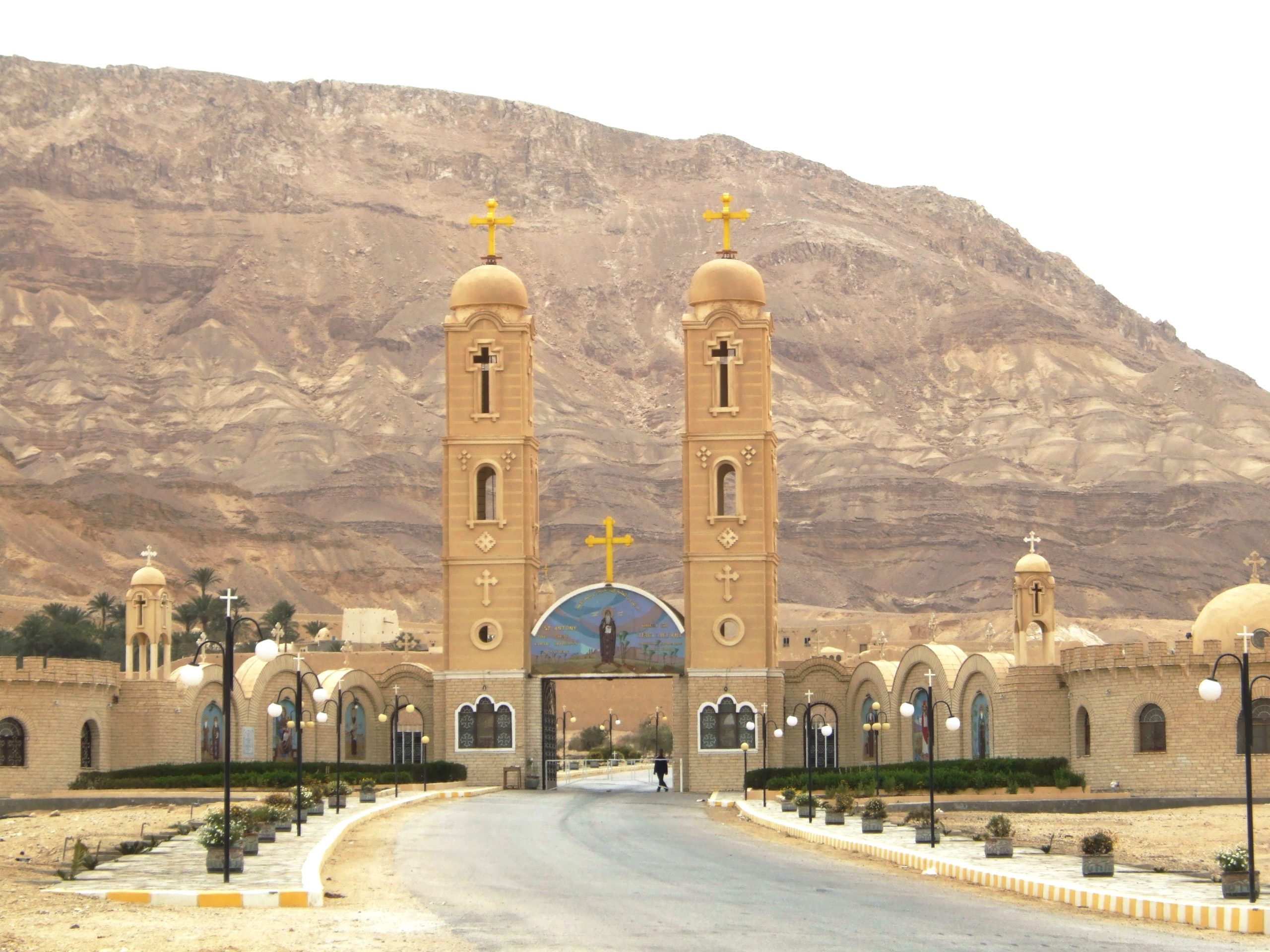“Diving into the Rich Tapestry of Coptic Egypt: A Journey Through Time and Faith
In the heart of Egypt’s historical narrative lies the term “Copts,” a name derived from the Arabic “al-qipt” and the Greek “Aigyptioi,” synonymous with “Egyptians.” Today, the term refers to Egyptian Christians, yet the Copts themselves trace their lineage as Christian descendants of ancient Egyptians.
The cradle of Christianity in Egypt is the Coptic Orthodox Church, a venerable institution dating back to the 1st century. Founded by the holy evangelist and apostle Mark in 62 AD, the Coptic Church holds the distinction of not only making Egypt the first Christian nation on earth but also serving as the birthplace of monasticism.
Egypt’s journey into Christianity and monasticism is intertwined with the tales of revered figures like St. Antonio the Great (251 – 356 AD), acknowledged as the father of Christian monks worldwide. Other luminaries such as St. Pachomius, St. Makarios the Great, and Anba Shenouda played pivotal roles in nurturing and expanding the monastic tradition.
The turning point in the history of the Coptic Church came in 284 AD when Emperor Diocletian initiated the persecution of Christians in Egypt. This event marked the beginning of the Coptic Church’s calendar, known as the Age of Martyrs. The mountains and hills of Egypt became home to hundreds of monasteries and thousands of caves, solidifying the enduring spirit of Coptic Christianity.
Today, Egypt proudly hosts the largest Christian community in the Middle East. Coptic churches dot the landscape, where Sunday masses are celebrated in Coptic. In Cairo, German-language services cater to Catholic and Protestant congregations. At the helm of the Coptic Orthodox Church stands the Pope of Alexandria and Patriarch of All Africa, the spiritual leader guiding the faithful from both Cairo and Alexandria.
Shenouda III, who served as the 117th successor of St. Mark until his passing in 2012, played a pivotal role in the modern era. Since November 2012, Bishop Tawadros II has carried the torch forward, leading the Coptic Church into the present day.
From the ancient monasteries like Macarius Monastery and St. Anthony Monastery to the vibrant communities in St. Catherine’s Monastery and beyond, Coptic Egypt resonates with a rich tapestry of faith, tradition, and resilience. It is a journey through time where the echoes of ancient chants blend seamlessly with the prayers of the present, creating a harmonious continuum that defines the soul of Coptic Christianity in the land of the pharaohs.

